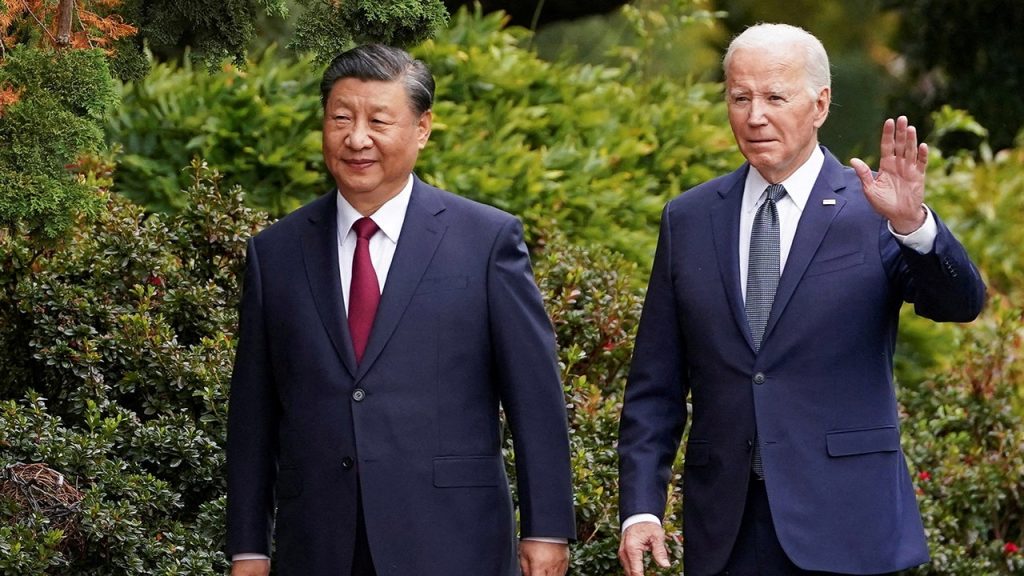President Biden is embarking on what may be his final foreign diplomacy trip to South America, where he will meet with global leaders, including Chinese President Xi Jinping. Biden’s first stop will be in Lima, Peru, for the Asia-Pacific Economic Cooperation summit, where he is scheduled to meet with Xi, potentially their last encounter as heads of state. Following the summit, Biden will travel to Brazil for the Group of 20 summit and will become the first sitting U.S. president to visit parts of the Amazon rainforest. This trip comes at a time when the U.S.’s influence in the region is being overshadowed by China’s growing presence, experts have noted.
The U.S.’s policy towards South America has evolved over the years, shifting from focusing on political stability to addressing issues such as illegal immigration and narcotics. This shift has provided an opportunity for China to expand its influence in the region by stepping in and filling the gaps left by the U.S. For example, South American countries have turned to China for trade agreements when the U.S. has failed to establish them. China has invested in various projects in South America, such as ports in Peru and satellites in Argentina. These investments are seen as a strategic move to secure resources in anticipation of any potential conflict in the South China Sea amidst escalating tensions surrounding Taiwan.
While the U.S. still maintains more trade agreements in South America than China, the communist nation has found other ways to deepen its influence in the region. The U.S. International Development Finance Corp. has invested in a critical mineral mine in Brazil, but most Latin American countries are deemed too wealthy to benefit from this investment. The Trump administration’s threats of tariffs have also raised concerns among global trade leaders, potentially straining relations with South American countries further. Biden’s upcoming meeting with Xi in Peru will cover a range of issues, including military communications, human rights, fentanyl, artificial intelligence, climate change, cybersecurity, Taiwan, and the transition to the Trump administration.
Overall, President Biden’s diplomatic trip to South America comes at a crucial juncture as the U.S. seeks to recalibrate its presence in the region amidst China’s rising influence. By engaging with global leaders, including Xi Jinping, Biden aims to address key issues and strengthen ties with South American countries. The evolving dynamics in the region, coupled with China’s strategic investments and the U.S.’s shifting priorities, underscore the importance of diplomatic engagements in promoting stability and cooperation in South America. As Biden prepares for potentially his last foreign diplomacy trip, the outcomes of his meetings with leaders in South America will likely have far-reaching implications for U.S. foreign policy and relations with the region.


